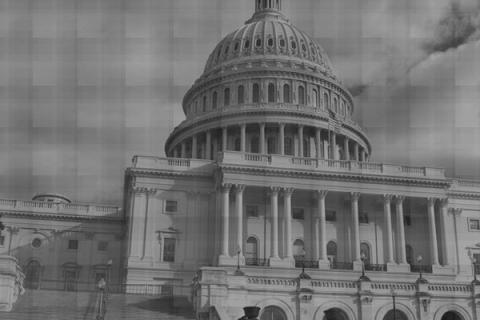
In response to a growing number of Republicans who have said they are willing to ditch his tax pledge in making a deal over the impending "fiscal cliff," Grover Norquist has come out in defense of the pledge and has criticized Republican lawmakers like Senator Saxby Chambliss (R-GA), who said last week that putting America first was more important than honoring a two decade old pledge.
Norquist, president of Americans for Tax Reform, has appeared on a number of cable news shows to respond to the notion that he is losing influence over Republicans in Congress. He said that while a few Republicans have expressed “impure thoughts,” no legislator that signed the pledge has voted for legislation that would raise taxes and he denies dissent among GOP lawmakers.
Senators Saxby Chambliss and Lindsey Graham (R-SC) are among a number of Republicans who have implied that they are willing to put the Norquist pledge aside if it is necessary to deal with the fiscal cliff. Some political analysts and pundits have argued that Sen. Chambliss’ implication that a pledge taken twenty years ago has no relevance in a problem lawmakers are dealing with today is valid.
Grover Norquist has countered this argument by saying that the pledge is a commitment for a politician’s entire career on Capitol Hill. He has also openly mocked the idea that the denouncement of his pledge comes from the concession that spending cuts will outnumber tax increases ten to one. Norquist believes that options for generating revenue should be on the table, but raising taxes, under any circumstances, should not be among those options.
Some speculate that this sudden shift in attitude from even the most conservative Republican lawmakers has to do with the results of the 2012 elections. Others suggest that Republicans on Capitol Hill are responding to the fact that America is set to fall off the fiscal cliff in just over a month’s time and the need for a deal is getting greater. Grover Norquist is confident few Republicans will violate his tax pledge because of the possible political consequences that could hinder their chances at re-election in the future.
If a deal is not made by New Year’s Day, over a trillion dollars in automatic spending cuts will begin to take effect and Bush-era tax cuts will expire for all income brackets. The Congressional Budget Office projects that among the consequences of falling off the fiscal cliff is another recession, though not near as bad as the last one.
